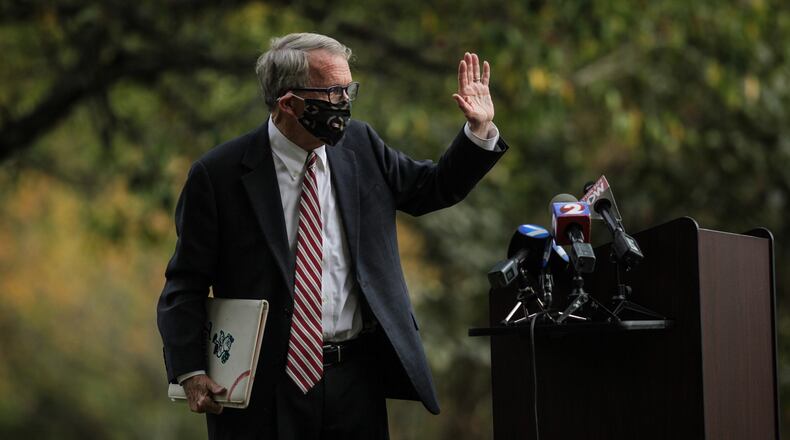Yesterday, leaders from Ohio hospitals shared what health care workers are seeing across the state as cases and hospitalizations surge.
In Zone 3, which includes the Miami Valley and southwest Ohio, hospital are seeing “exponential growth” in COVID-19 patients, Dr. Rick Lofgren of UC Health said.
On Monday, the region had 671 hospitalized coronavirus patients. Prior to this surge, the peak was 300 patients in July.
“This is a whole magnitude higher,” he said. “If we do again what we did in the early part of fall - adhering to basic principles of social distancing, wearing a mask, washing hands, and not expanding your personal bubble - we can bring the spread of the virus under control.”
Other zones in Ohio said while hospitals have enough personal protective equipment and beds to treat COVID-19 and other patients, hospital workers are getting sick from community spread.
“It’s not because they’re catching it in the hospital,” Dr. Robert Wyllie of the Cleveland Clinic said. “It’s because they’re catching it in the community, so we need everyone to double down.”
Dr. Bruce Vanderhoff, incoming Ohio Department of Health Chief Medical Officer, called on Ohioans to double down on protective measures and not let their guards down.
“If we don’t control the spread, we won’t be able to continue caring for the acutely ill without postponing important, but less urgent, care,” he said. “This kind of shift could happen in a matter of weeks if trends don’t change.”
About the Author
